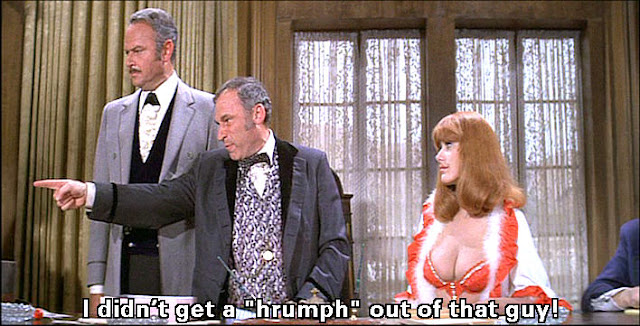I have some experience with exercise equipment. I get excited about something I see advertised, then talk myself into buying it. I then spend a few weeks getting excited and using it faithfully. Then my ardor fades and it ends up unused, gathering dust in my basement.
My wife knows this and we have an agreement that if I spend more than a nominal amount, I need to involve her in the buying decision. Most of the treadmill desks I saw on Amazon were in the hundreds of dollars. When I broached the subject, she pointed out that I had a treadmill that I was not using. Hmmm. So, I started using the treadmill in hopes of getting an upgrade.
This notion of upgrades spilled over to the television I keep next to the treadmill. THAT I could and did buy. The next time I got on the treadmill, I noticed I was juggling remotes and had no space for them and the book I was reading and a pad for taking notes. I needed just a little space to put these things on.
Shortly thereafter I got out a tape measure. If I had just one foot just at the height over the treadmill, that would work. How wide? About three feet. But it would have to be stable. If I made the space L-shaped, it'd be a lot like a proper desk top and it would be stable if I have a couple feet by four feet on the right.
At this point, I started laying out how this desk top could be cut from a 4x8 sheet of plywood. But how would I hold this desk top up? I help with the toddlers at church and they have these hand-made tables for the kiddos that are held up with 2x4s. So, I could make a framework of them and attach the desk top to this.
I spent the idle hours of a few days drawing this up and working out the simplest joinery I could think of. Simple, because I didn't want to exceed my limited carpentry skills. And I came up with a nice bill of materials.
One Saturday last spring I had breakfast with my friends, then went to Menard's, a local lumber yard. They sell 4x8 sheets of plywood that are already finished on one side. I snapped that up and a bunch of 2x4s, some 1x3s and a box of deck screws.
The hardest part was sawing the desktop into the proper L shape with a handheld circular saw and rounding the corners with a saber-saw. We used a sophisticated Maxwell-House coffee can gauge to get the curved corners to the right radius.
My across-the-back-fence neighbor did the hard parts for which I'm grateful. After that it was an easy matter of cutting boards to the right length and screwing them together according to plan.
Turned out that I miscalculated and needed one more 1x3. So, I didn't finish until the next day after I bought another board.
I didn't keep careful records, but I spent less than $100, one day of labor, and a lot of obsessive planning on the project.
All in all, I'd say I made a better investment in lumber and time than I have for any other exercise-related expenditure. I've been on the treadmill on most days for at least a half-hour. In fact, I wrote this while walking and standing on the treadmill.
It was a fairly straightforward project. If you'd like to do one like it, feel free to ask me anything. I'll post some more pictures here and on my facebook page.
This shows the desk as you stand on the treadmill facing forward. If you don't like the view, that's a problem.
This shows the strip of adhesive LED lights I bought to spruce up the appearance of the treadmill desk and maybe see the treadmill display better.
This shows how the desktop is held to the 2x4 legs which hold it up.
This shows how the rails at bottom and almost top keep the legs square. Everything was screwed together using deck screws.
This is looking right at the desktop. The pre-finished birch plywood is worth the $44 I paid for it.
This shows the treadmill under the desk.
































.png)













